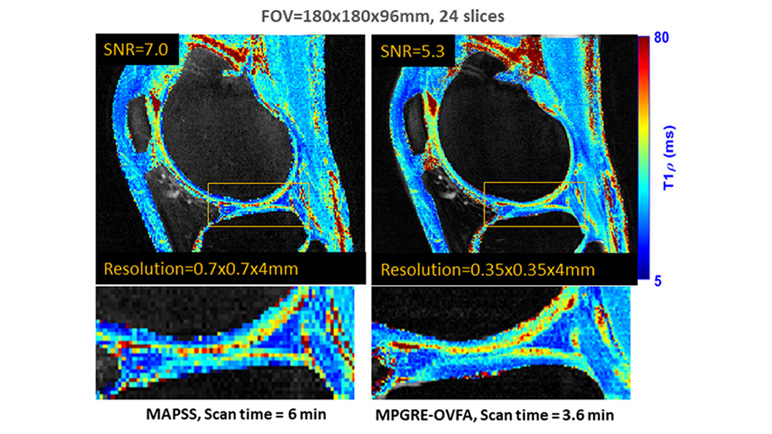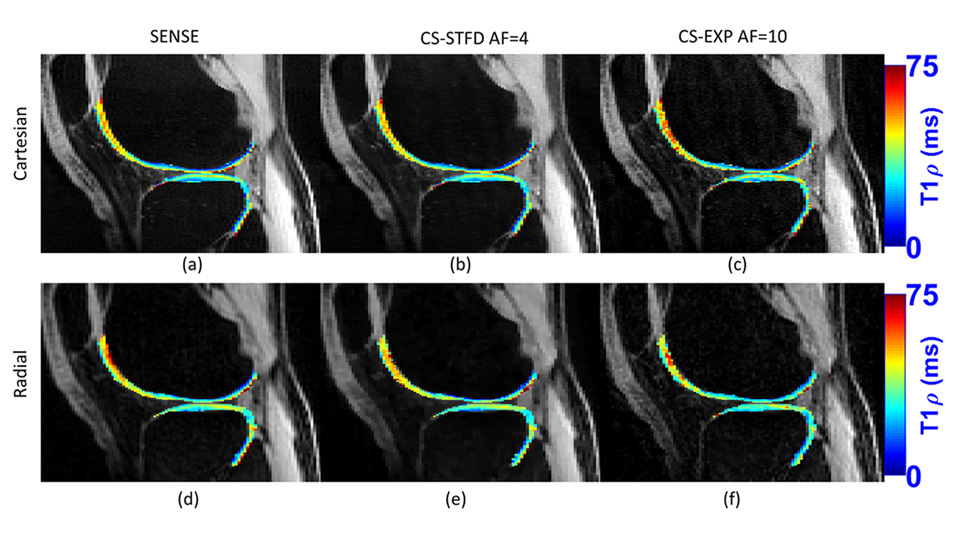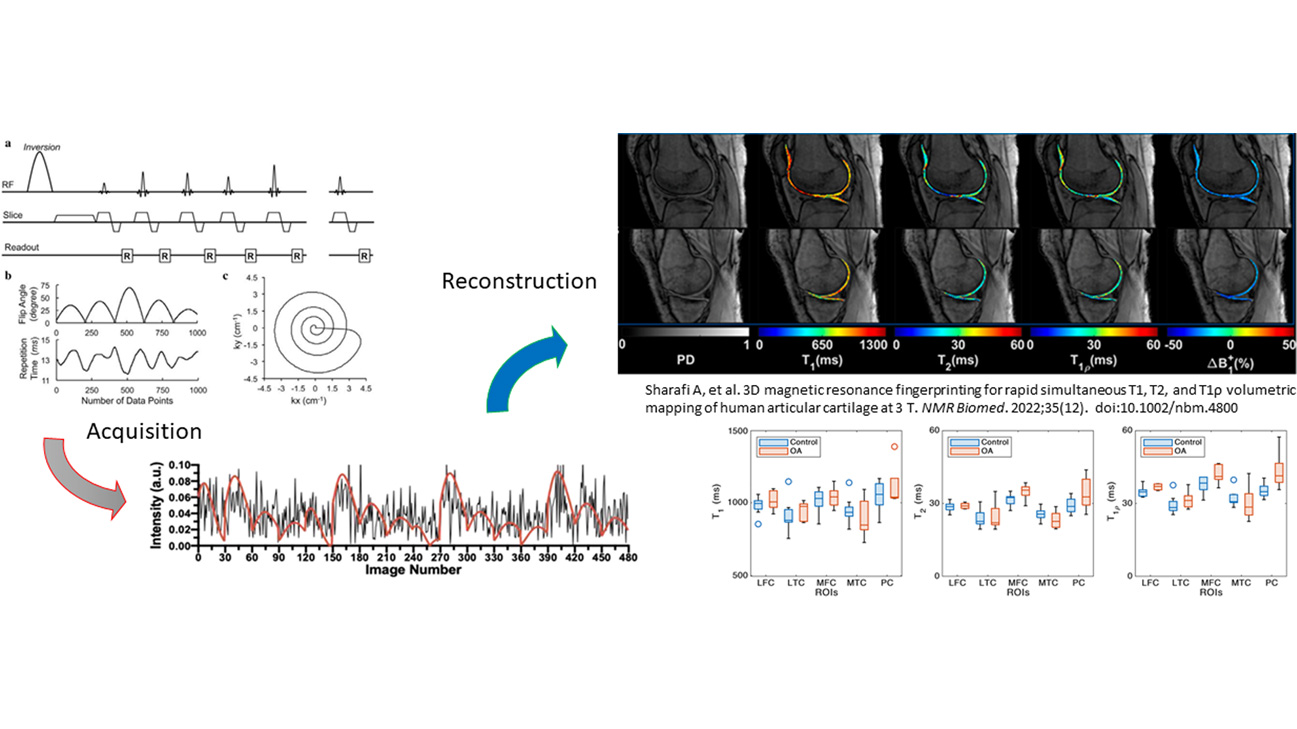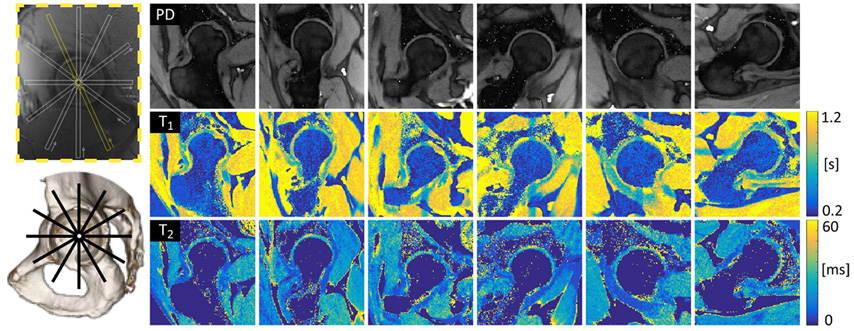Data-Driven Learning Framework for Fast Quantitative Knee Joint Mapping
This project leverages advanced machine learning and deep learning to optimize T2 and T1rho mapping for knee osteoarthritis (OA), aiming to accelerate MRI techniques and enable earlier detection of cartilage degeneration.







